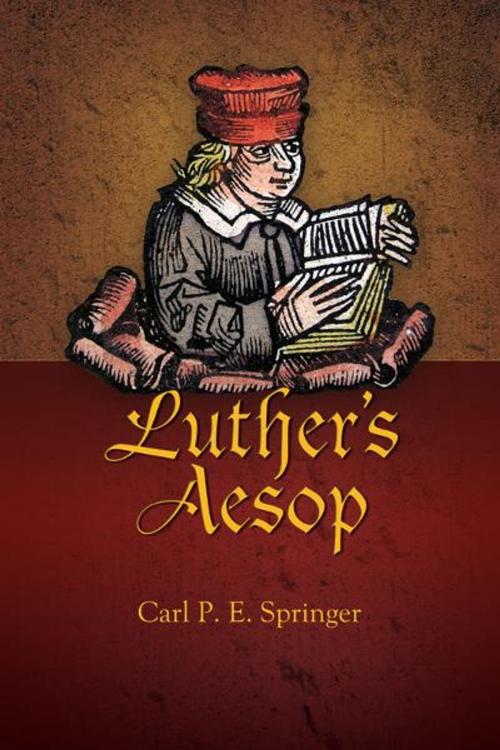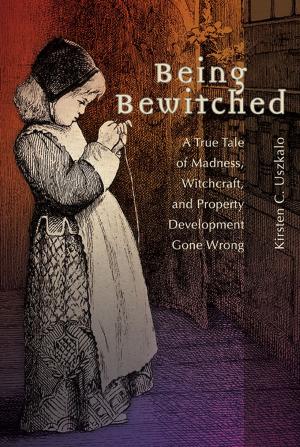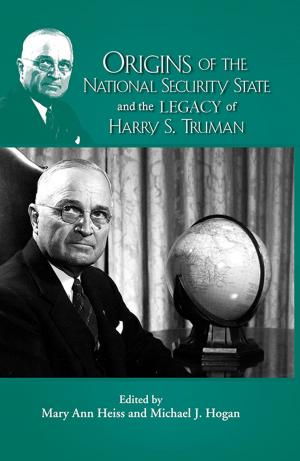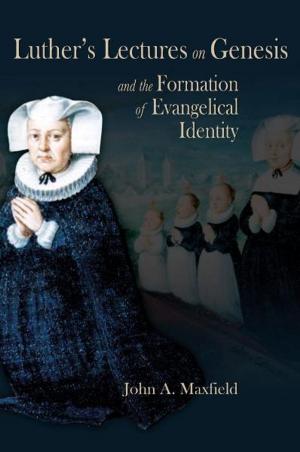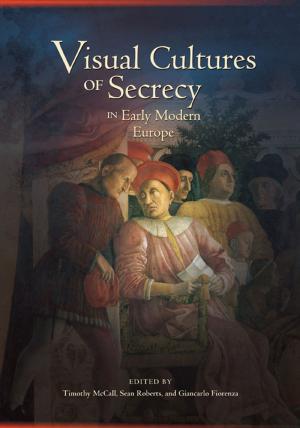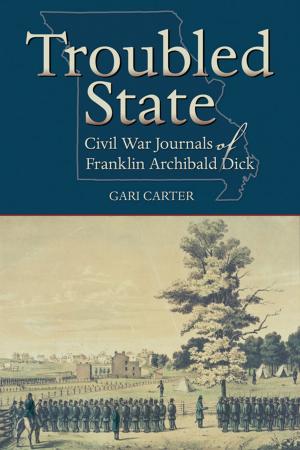| Author: | Carl P. E. Springer | ISBN: | 9781612480688 |
| Publisher: | Truman State University Press | Publication: | October 1, 2011 |
| Imprint: | Language: | English |
| Author: | Carl P. E. Springer |
| ISBN: | 9781612480688 |
| Publisher: | Truman State University Press |
| Publication: | October 1, 2011 |
| Imprint: | |
| Language: | English |
Reformer of the church, biblical theologian, and German translator of the Bible Martin Luther had the highest respect for stories attributed to the ancient Greek author Aesop. He assigned them a status second only to the Bible and regarded them as wiser than "the harmful opinions of all the philosophers." Throughout his life, Luther told and retold Aesops fables and strongly supported their continued use in Lutheran schools. In this volume, Carl Springer builds on the textual foundation other scholars have laid and provides the first book in English to seriously consider Luthers fascination with Aesops fables. He looks at which fables Luther knew, how he understood and used them, and why he valued them. Springer provides a variety of cultural contexts to help scholars and general readers gain a deeper understanding of Luthers appreciation of Aesop.
Reformer of the church, biblical theologian, and German translator of the Bible Martin Luther had the highest respect for stories attributed to the ancient Greek author Aesop. He assigned them a status second only to the Bible and regarded them as wiser than "the harmful opinions of all the philosophers." Throughout his life, Luther told and retold Aesops fables and strongly supported their continued use in Lutheran schools. In this volume, Carl Springer builds on the textual foundation other scholars have laid and provides the first book in English to seriously consider Luthers fascination with Aesops fables. He looks at which fables Luther knew, how he understood and used them, and why he valued them. Springer provides a variety of cultural contexts to help scholars and general readers gain a deeper understanding of Luthers appreciation of Aesop.
